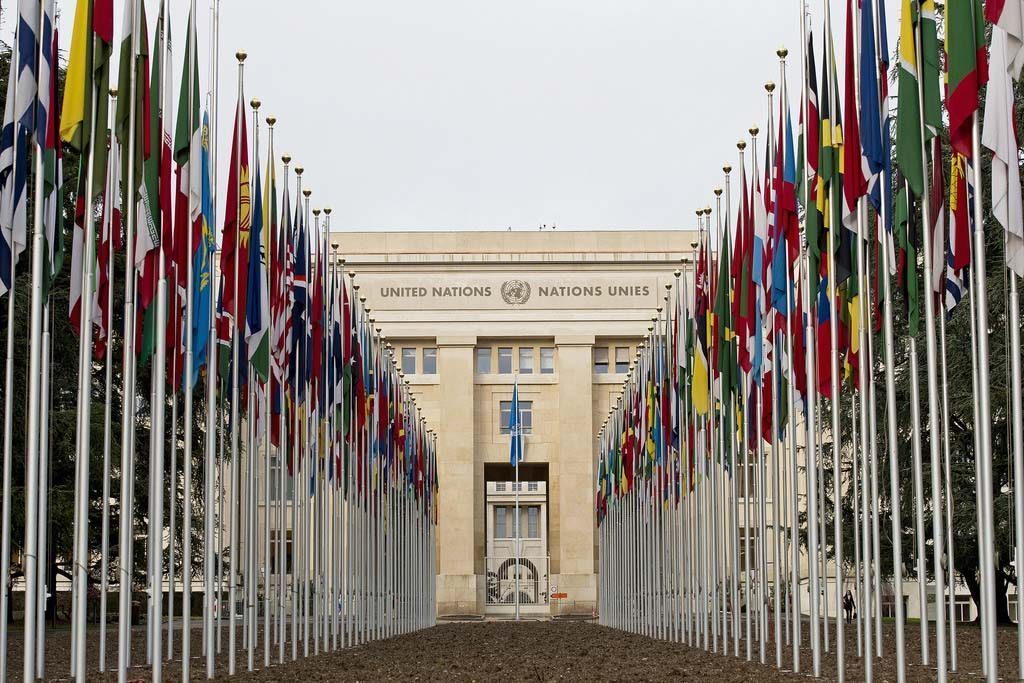
With reporting from Nada Badawi
Nearly three dozen countries leveled criticism at Qatar this morning during the 19th session of a human rights review session in at the United Nations office in Geneva.
Member states urged the Gulf country to abolish its kafala system, do more to protect domestic workers, combat gender inequality and uphold freedom of expression in the face of new possible media and cyber crime laws.
Qatar was represented at the Human Rights Council’s Universal Periodic Review Working Group by Sheikh Mohammed Al Thani, assistant to the Foreign Minister, as well as representatives from the Ministry of Interior and Ministry of Labor and Social Affairs.
The country has been in the international spotlight for nearly three years, since it was awarded hosting rights to the 2022 World Cup.
In response to questions about Qatar’s reluctance to allow expats to unionize, one official said the demographics of the nation need to be considered. Some 90 percent of the country is comprised of foreigners.
Officials also fielded questions about:
- Why Qatari women who are married to expats cannot pass their citizenship on to their children or husbands;
- Freedom of online expression (which officials said the country approves of, unless ethical boundaries are crossed); and
- The lack of a law to criminalize domestic violence (which has long been in the works.)
Notably, even close allies such as the US and UK weighed in during the session, with the US urging the release of Mohamad Al-Ajami, a Qatari poet jailed for 15 years after being found guilty of insulting the former Emir.
Qatar officials responded by saying proper procedures were following during Al Ajami’s trial, despite his lawyer’s comments to the contrary.
The full discussion of today’s session is not online yet, but here’s what happened according to tweets:
The Qatar report is expected to be passed on Friday. And acccording to the United Nations Office at Geneva’s website, the final outcome of today’s session will be adopted in September.
Recommendations made by member states are non-binding, though Qatari officials did say they would take them into account. Promises that kafala will be changed “soon” have been looming for years, and resurfaced recently.
Speaking to the Associated Press today, a Qatari delegate said: “We will come, I think, very soon within the current month with an overall work program.”
UPDATE: Here’s the full report on Qatar:
Thoughts?







